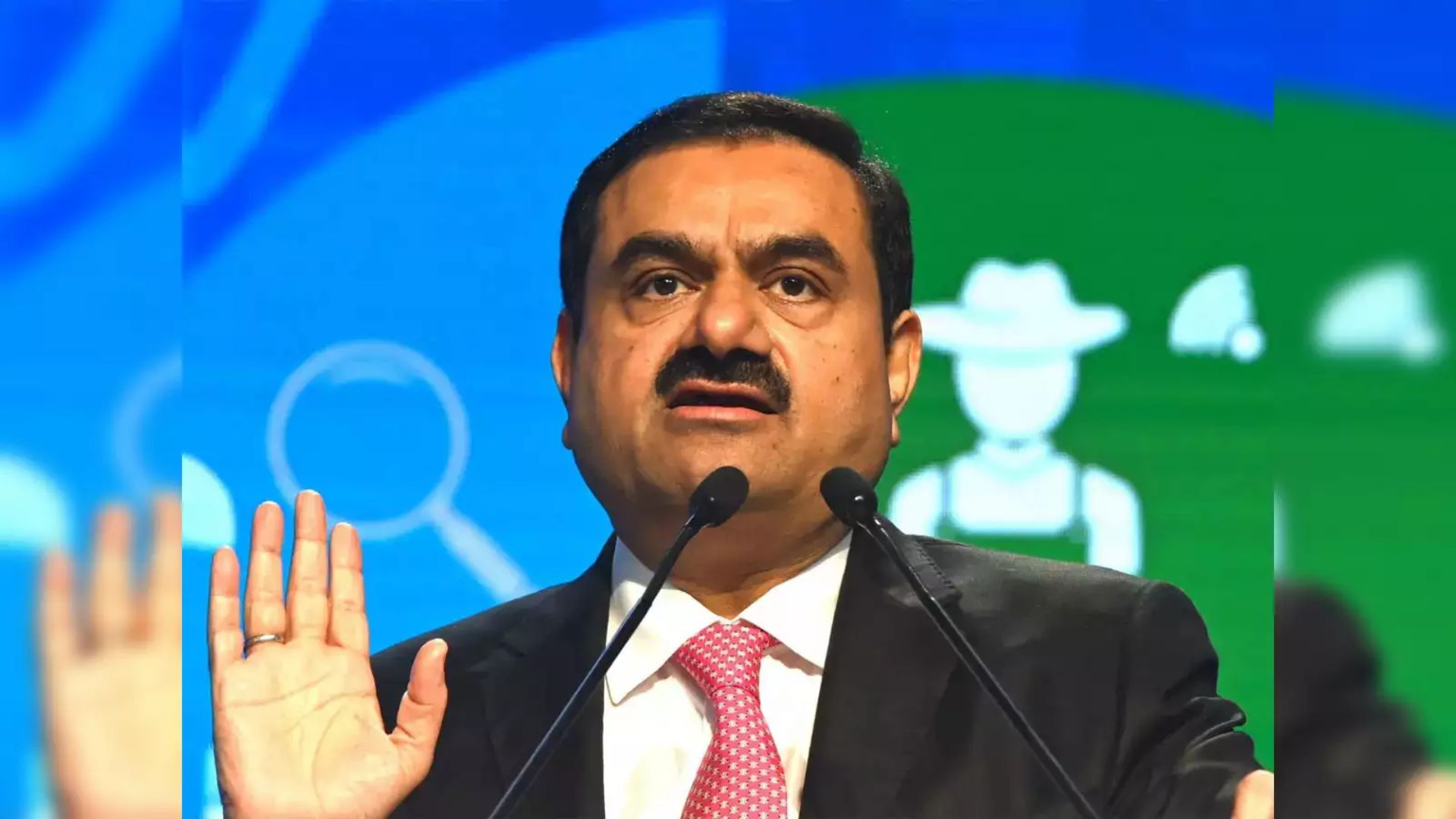More than 400,000 children in Lebanon have been displaced over the past three weeks due to the intensified conflict between Israel and Hezbollah, a militant group based in Lebanon. The alarming number of displaced children was highlighted on Monday by Ted Chaiban, the deputy executive director for humanitarian actions at UNICEF, the U.N. children’s agency. He warned of a looming “lost generation” as Lebanon struggles with the compound impact of multiple crises, now worsened by the ongoing war.
Escalation of Israeli-Hezbollah Conflict
The displacement crisis stems from Israel’s expanded military campaign against Hezbollah, which includes launching a ground invasion following a series of exchanges of fire with the group during its ongoing conflict with Hamas in Gaza. The fighting in Lebanon has driven 1.2 million people from their homes, forcing most of them to flee to safer regions like Beirut and the northern areas of the country. Chaiban emphasized the severe humanitarian impact during his visit to schools now transformed into shelters for displaced families.
Education in Crisis: Schools Become Shelters
“What struck me is that this war is three weeks old and so many children have been affected,” Chaiban stated in an interview with The Associated Press in Beirut. The impact on Lebanon’s education system has been profound, with more than 1.2 million children now deprived of education. “Their public schools have either been rendered inaccessible, damaged by the war, or are being used as shelters. The last thing this country needs, in addition to everything else it has gone through, is the risk of a lost generation,” he warned.
While some private schools continue to operate, Lebanon’s public education system has been severely impacted. The crisis also disproportionately affects vulnerable populations, including Palestinian and Syrian refugees. Chaiban voiced his concerns: “What I’m worried about is that we have hundreds of thousands of Lebanese, Syrian, and Palestinian children that are at risk of losing their learning.”
Rising Death Toll and Humanitarian Strain
The violence has claimed the lives of more than 2,300 people in Lebanon, nearly 75% of whom have been killed over the past month in Israeli strikes, according to the Lebanese Health Ministry. Children have been particularly hard-hit, with over 100 children killed and more than 800 injured in the past three weeks alone, according to Chaiban. The displaced children, now living in overcrowded shelters, face dire conditions. In some cases, multiple families are forced to share a single classroom, separated only by plastic sheeting. In shelters with up to 1,000 people, just 12 toilets are available, and not all are functioning properly.
Displaced families have also been found living in makeshift tents along roads or public beaches, as overcrowding in shelters reaches critical levels. The psychological toll on children has been immense, with many exhibiting signs of trauma from the violence, particularly the sound of shelling and gunfire. “Most displaced children have experienced so much violence that they cower at any loud noise,” Chaiban said.
Health and Water Infrastructure on the Brink
Lebanon’s healthcare system, already stretched thin, has suffered significant damage due to the ongoing conflict. Over 100 primary health care facilities are no longer in operation, while 12 hospitals are either partially functioning or completely out of service. In addition, Lebanon’s water infrastructure has also been targeted in the fighting. UNICEF reports that 26 water stations, which serve nearly 350,000 people, have been damaged in the past three weeks. UNICEF is currently working with local authorities to repair the water systems, but the challenges are immense.
Calls for a Ceasefire and Protection of Civilians
Chaiban called for urgent protection of civilian infrastructure and issued a plea for a ceasefire in both Lebanon and Gaza. He stressed that the conflict cannot be resolved militarily and urged for political will to bring the violence to an end. “What we must do is make sure that this stops, that this madness stops, that there’s a ceasefire before we get to the kind of destruction and pain and suffering and death that we’ve seen in Gaza,” he said.
Funding Shortfall: Emergency Appeal Lacks Support
Despite the dire situation, the emergency response in Lebanon remains critically underfunded. UNICEF’s appeal for $108 million to address the immediate needs of those affected by the conflict has received only 8% of the necessary funding. As the humanitarian crisis deepens, aid agencies are struggling to meet the growing needs of displaced families, especially the children caught in the crossfire.
The situation in Lebanon continues to deteriorate as the conflict drags on, with many families left wondering when, or if, they will ever return to their homes. As Chaiban and others have warned, the risk of a “lost generation” grows with each passing day, adding another layer of complexity to the country’s already dire circumstances.


















